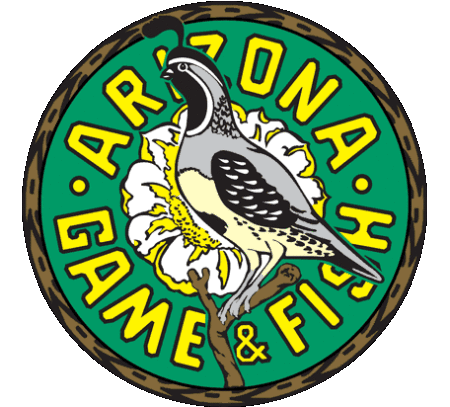longer have to kill a fish to have it considered for a state record.
– Lake Havasu
The Texas Parks and Wildlife Department has established an
additional awards category in its angler recognition program — a catch
and release category that requires only a total length for certain fish.
TPWD Angler Recognition Awards Program Coordinator Joedy Gray said
the new category is in addition to the existing weight-based records,
which will be continued.
The new category was inspired by real-life events, beginning with
Scott Graham’s 83-inch Tarpon in 2003. Then, in July of the same year,
Fabian Morales caught an 89-inch tarpon on a fly rod followed by Allan
Reiter’s 90-inch tarpon in June 2005. None of the men had purchased the
$120 tarpon tag currently required to legally possess a silver king.
The official state record for tarpon was set more than three decades
ago with a fish that measured 86.25 inches and weighed-in at 210 pounds.
Reiter, who had been fishing for king mackerel between the Port Aransas jetties, fought his fish for more than 4 hours.
“I had a scale put in an acrylic cast, and I have articles from the
(Port Aransas) South Jetty and the Corpus Christi Caller-Times. That’s
about it,” Reiter said.
“All I could do was give these guys an outstanding angler or big
fish award.” Gray said. “I had to do something. I think this will
increase participation.”
Gray said that, in the case of a tie, the first fish reported will hold the record.
Other requirements for the category include a photo of the fish next
to a clearly marked tape measure or measuring stick and a photo of the
angler with the fish. Another person must witness the live release.
Another way to catch and release a state record fish is to weigh it
boat- or dock-side on hand-held scales certified by a commercial scale
calibration company or the International Game Fish Association. The
state began accepting such record applications in September 2002.
While any fish may be released after weighing, only fish currently
eligible for a Big Fish award will be accepted in the new Catch and
Release State Record category. The non-record Catch and Release
certificate will be discontinued.
Also new in 2006, TPWD has dropped the requirement that freshwater
species be weighed in order to be eligible for a Big Fish award.
“The catch and release ethic has made a significant contribution to
fisheries conservation, and this approach is one way of recognizing
that,” said Larry McKinney, Ph.D., TPWD Coastal Fisheries director. “It
makes a lot of sense for us to have found a way to recognize anglers’
achievement in a way that promotes conservation.”
For a complete list of freshwater and saltwater fish eligible for
the new Catch and Release State Record category — and for information
on how to practice catch and release — please visit the TPWD Web site.
– Lake Havasu




0 Comments